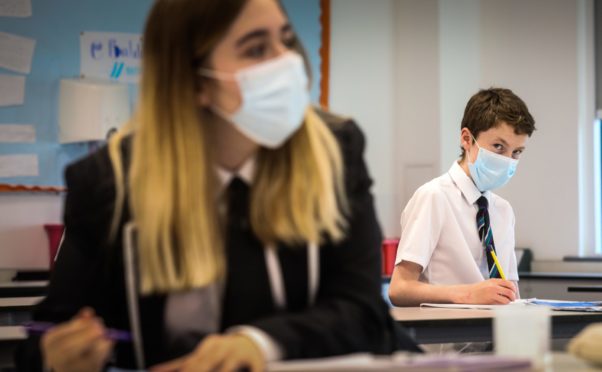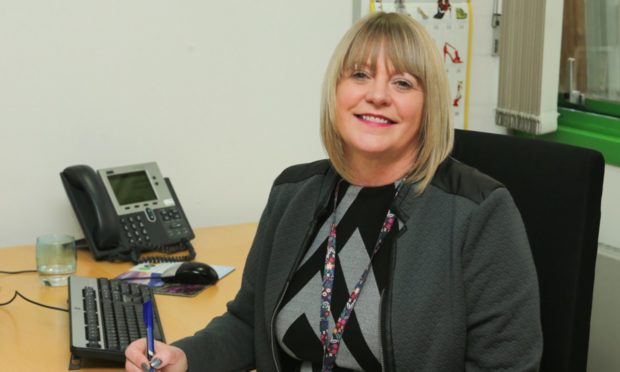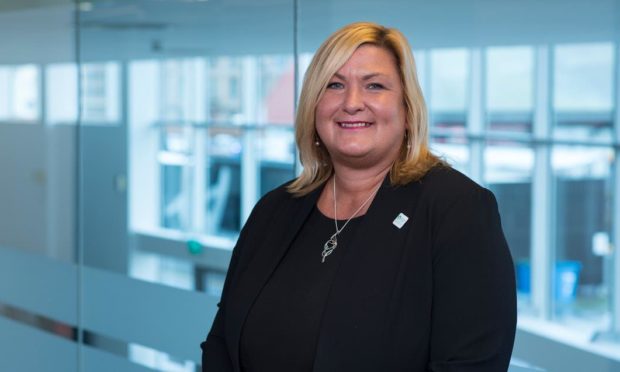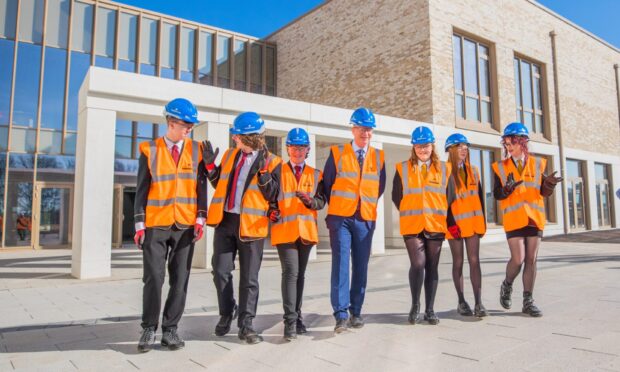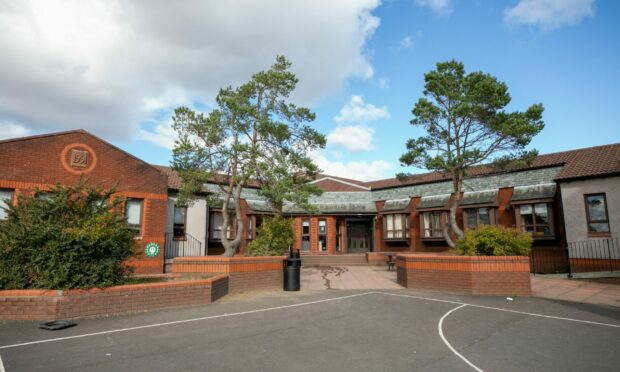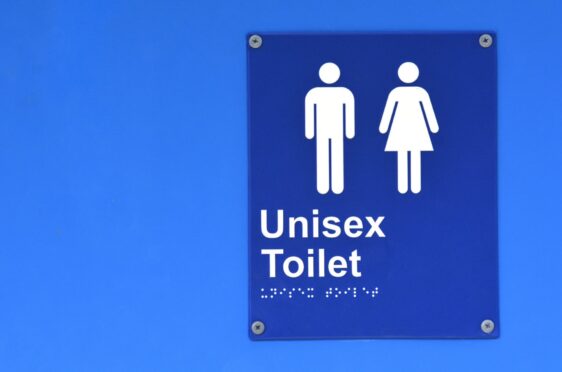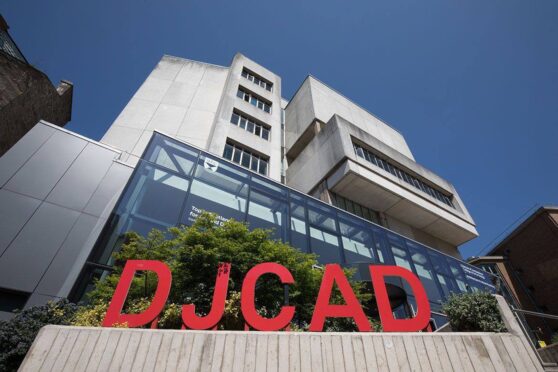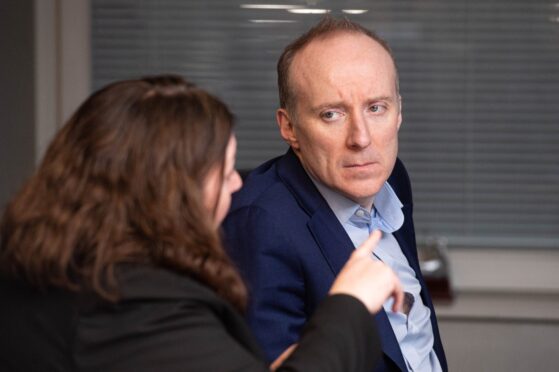A Fife education leader has shared her desire to welcome all pupils back to school without social distancing in place.
Carrie Lindsay, president of the Association of Directors of Education in Scotland (ADES), and director of education at Fife Council, said she hoped expert advice would permit a return to school as soon as it was safe.
Secondary school pupils who are currently attending school to complete essential coursework currently have to follow two metre distancing rules.
This means capacity has to be reduced in many schools and class sizes need to be split into smaller groups.
I’m certainly keen that the social distancing requirement will not be there because it does cause huge issues with bringing back our children.”
Gayle Gorman, Education Scotland.
At Waid Academy in Fife, around six pupils are in a classroom at a time to complete assessments, according to headteacher Elizabeth Smart.
Blended learning will be introduced from March 15 to enable all secondary school pupils to have at least “some” time in class.
Looking ahead
However due to physical distancing guidance, it is unlikely a full return to school will happen before the Easter holidays in April.
Looking ahead to the new school term, Ms Lindsay told parliament’s education and skills committee she hoped for pupils the barriers would be removed.
“We’re certainly making it really clear that we would want all children back in school as quickly as possible when it is safe to do so for our staff and our children and young people.
“We would hope that is without physical distancing and we’ll need to be thinking about the new academic term.”
She also said local authorities are developing contingency plans in case groups of pupils, or whole schools, have to isolate because of Covid-19.
Lessons learned
It could see remote learning being used to ensure children do not miss out on learning as well as introducing the positive elements of remote learning into school settings.
She said: “We’re keen to get back to face-to-face learning for all of our children and young people.
“However there are things that we have learned from this experience. There are young people who find it much easier to contribute online than they do perhaps in a classroom setting,” she added.
“We need to think about how we support individual learners not by having it move all virtually online but how we use some of those approaches to enhance the learning and personalisation and choice within our schools.”
Her remarks were supported by Gayle Gorman, chief executive of Education Scotland, who said physical distancing could cause capacity concerns in schools.
She said: “I’m certainly keen that the social distancing requirement will not be there because it does cause huge issues with bringing back our children and being able to support them through challenging times.”
However she also shared her aspirations for using lessons which have been learned during lockdown to enhance learning.
She said teachers had learned valuable digital skills that should be transferred into the classroom.
